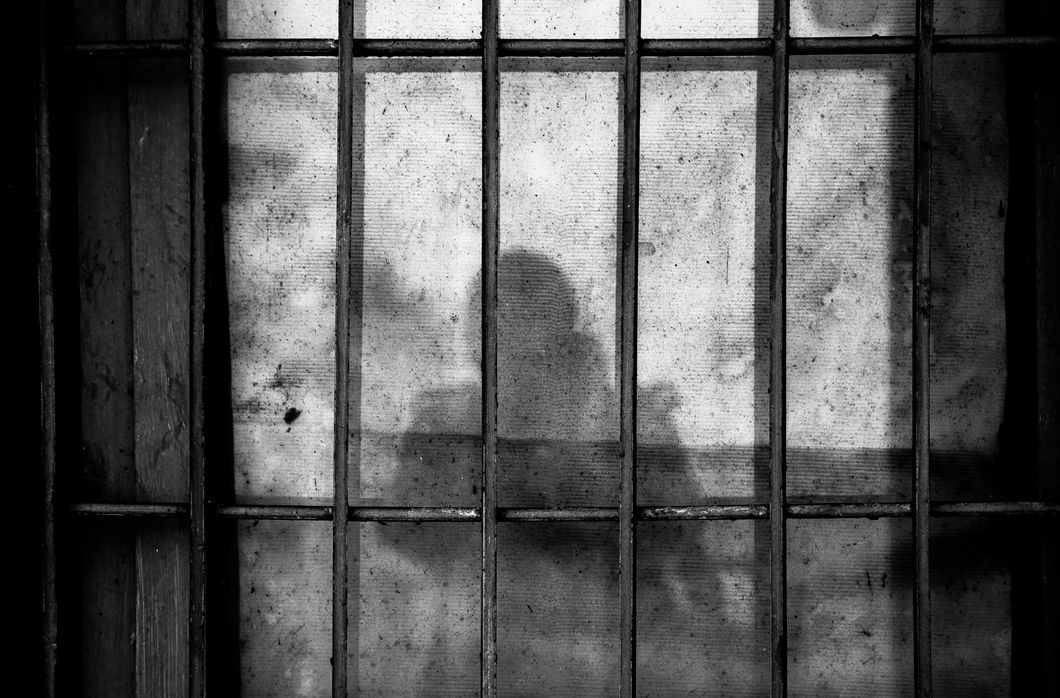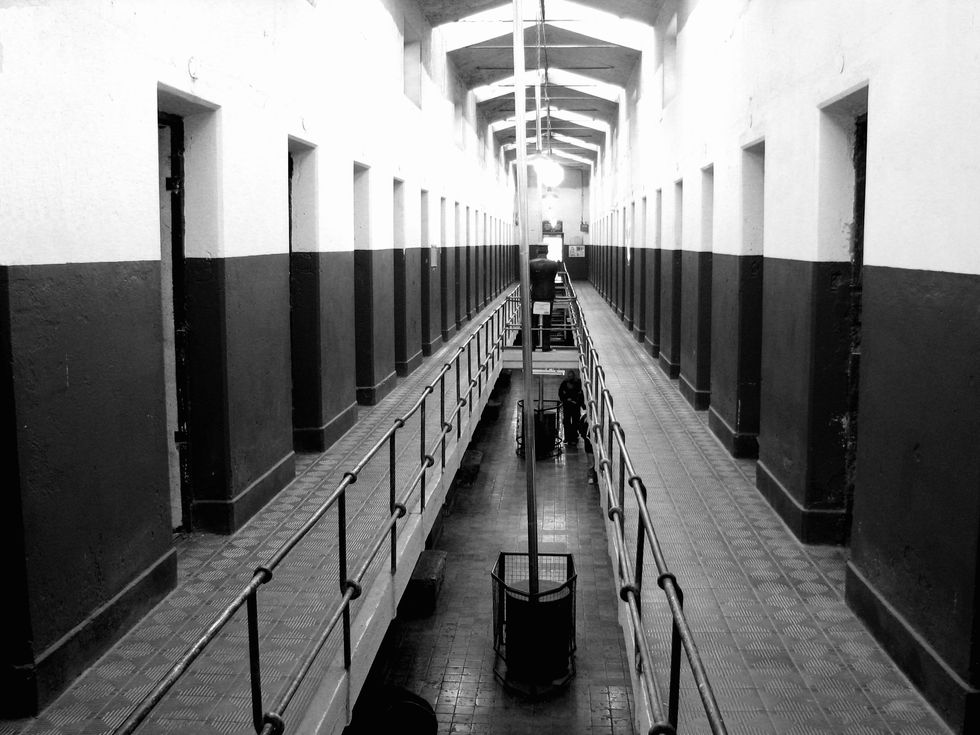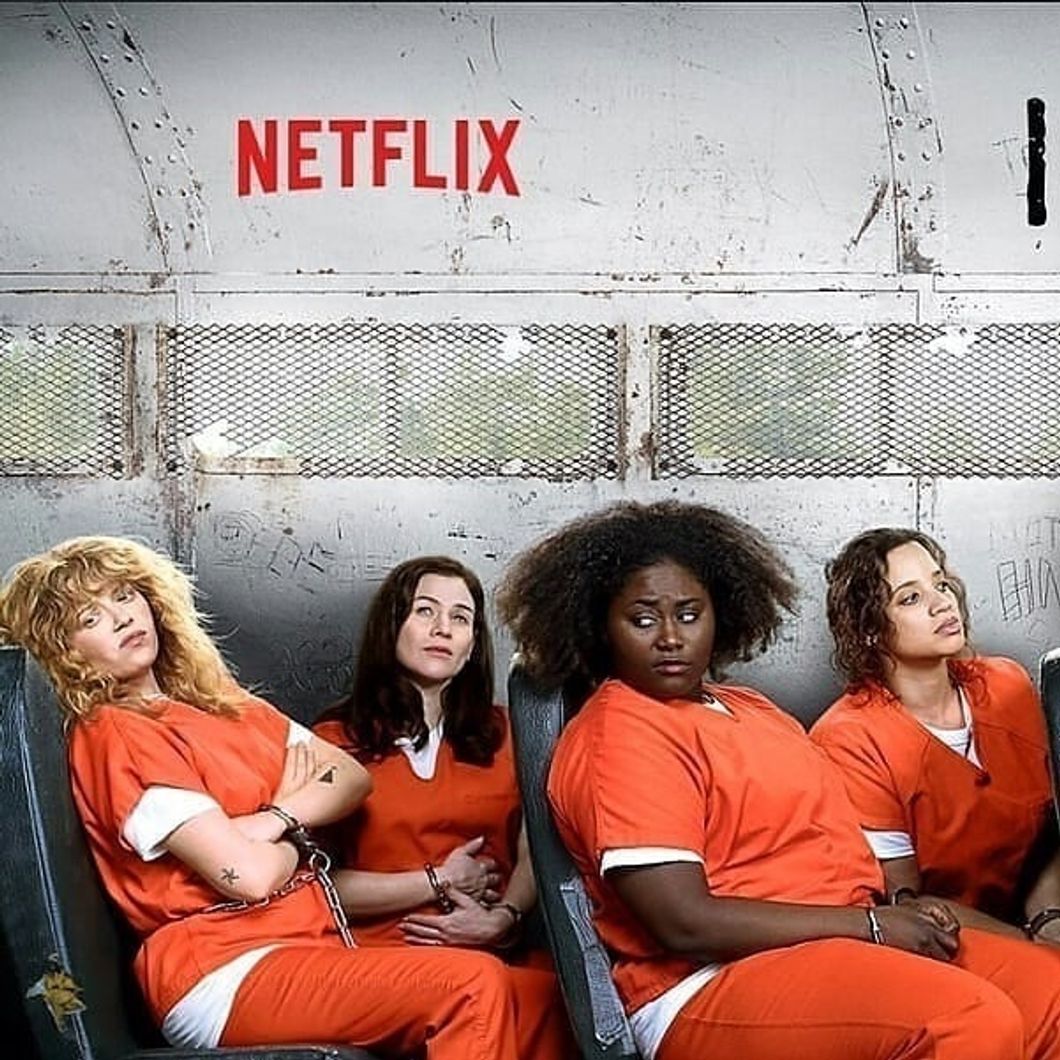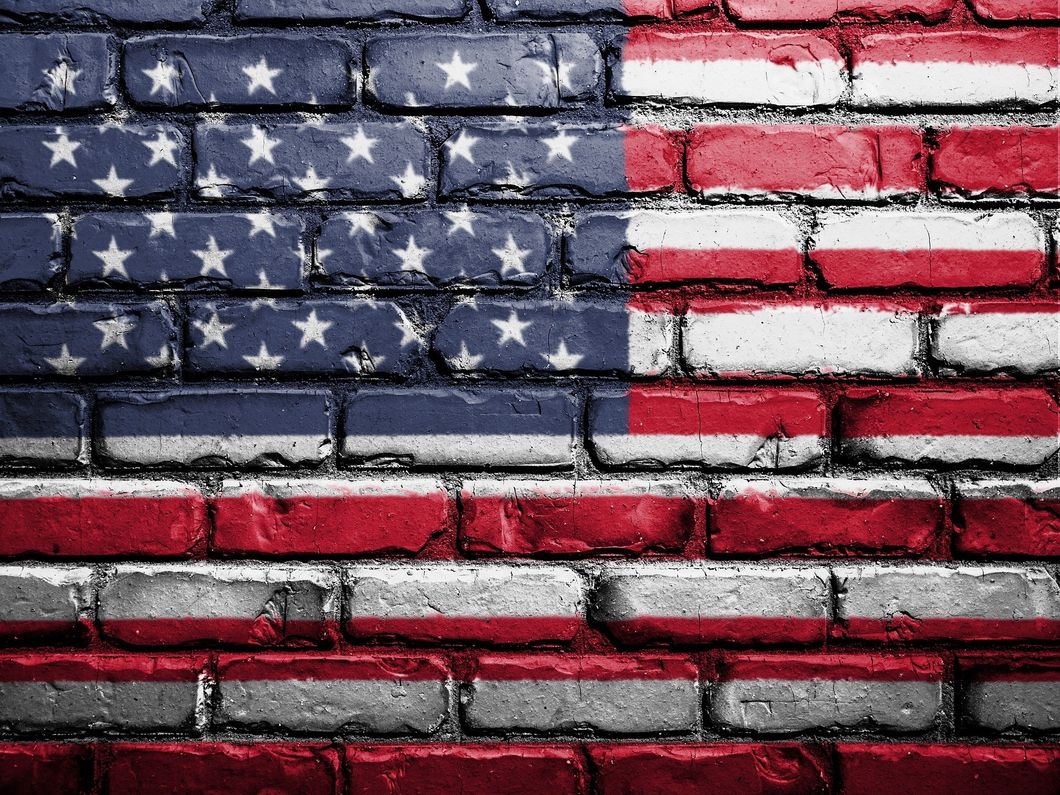An Expository On Mentally Ill Inmates In Solitary Confinement
Solitary confinement and the problems many inmates are facing.
For my final piece of writing in EN111 we had to write an expository based on a topic from the memoir Writing My Wrongs by Shaka Senghor. I decided to write mine on solitary confinement and more so the problem many inmates are facing who are suffering from mental illnesses who are locked away in solitary.
It is not uncommon to hear about wrongful prison sentences. In today's society, you will hear about people being sentenced to life in prison for crimes they never committed. As sad and unfair as this situation is, this is the harsh reality we live in. A study in 1992 showed 29 percent of American prisons recognized they were holding mentally ill inmates as prisoners with no charges. "These jailings were done under state laws permitting emergency detentions of individuals suspected of being mentally ill and were especially common in rural states such as Kentucky, Mississippi, Alaska, Montana, Wyoming, and New Mexico" (Mental Illness Policy, Inadequate Care). Not only are people being put in prison for unfair reasons, care for prisoners, especially mentally ill inmates, is all based on a flip of the coin.
Mentally ill inmates are either treated okay or they are treated poorly, and unfortunately, it is the latter. Those who get the help they need end up doing well but typically those who are mentally ill end up receiving nothing other than a secluded room for just them and their thoughts. Prisons tend to think mentally ill inmates are nothing more than a 'problem they cannot fix' so locking them away alone is their way of solving things. However, solitary confinement is more punishment than treatment. To help keep problems from growing with mentally ill inmates in prison, solitary confinement needs to be eliminated- not just for the sake of mentally ill inmates, but inmates without sicknesses and society around them.
It has been proven that while in an isolated place, people, no matter mentally ill or not, will experience something mental. That might be hallucinations, mood drops, or shut down entirely. What the prison system fails to see though is that anyone can react poorly to solitary confinement, because it's torture to anyone. You might say that some of these inmates deserve solitary confinement, that they deserve to spend the rest of their life alone, but people with mental illnesses, they can't handle this isolation. For inmates, prison already is a culture shock enough, but being an inmate who has a mental disorder, it can be even more difficult to adjust to the new surroundings.
When these people are thrown into solitary confinement, they "experience what one psychologist called 'isolation panic,' which includes 'panic, rage, loss of control, and complete breakdown'" (Halvorsen, Solitary Confinement of Mentally Ill Prisoners). Guards may see solitary confinement as a treatment for these inmates but if anything, they are doing more damage to these inmates than helping.
When it comes to solitary confinement for inmates, many cases have shown that it has been helpful, however, it is with inmates without a mental disorder. A study held at McGill University showed that volunteers who were isolated and sensory-deprived caused them to hallucinate. If 'perfectly fine' people are reacting so horribly to solitary confinement like states, how are mentally ill handling this? Inmates with a mental illness cannot handle being in a room alone the same way as someone without. These inmates with mental illness can become mentally stressed which, in the long run, will make it harder if not impossible to recover from their time spent in the Hole.
Throwing inmates with a mental illness in a dark, tiny, isolated cell for hours on hours is a huge problem in the United States. Our society fails to recognize that having mentally ill inmates in solitary confinement is torture to them and the need psychological help rather than prison time. If prisons truly wanted to see inmates become better and not have to have inmates going in and out of prison, they would not use solitary confinement as a punishment.
Mental effects are not the only damage for mentally ill inmates. These inmates who are kept in solitary confinement and then released back into the world typically cause more problems than those who weren't put in the Hole. Nikko Jenkins was a mental inmate at a prison in Nebraska who had been released after serving half of his 21-year sentence, where the majority of his sentence was spent in solitary confinement. Just a week after his release, Jenkins murdered four people. Jenkins claimed that he murdered these people as a sacrifice to the ancient Egyptian snake/god Apophis. During his confession, Jenkins explained how he heard and felt demotic forces inside of him leading up to the murders. Guards also remember Jenkins attempting to carve the numbers 666 in his face and Satan. Jenkins has always had a mental illness, but due to his time in solitary confinement, it only grew more violent.
Guards typically lock inmates up in the Hole thinking that it will 'do them good' or 'fix' whatever problems they might have. What they fail to recognize, however, is that once out of solitary confinement they are no longer the same. While some may shut down and go into a blank light state of mind, others become more violent than what they were going into prison.
In Stephen King's novel, The Green Mile, there are a few parts where they lock away people in the confinement room. One character, William Wharton, is locked in the isolation room due to his chaotic behavior. With him already being extremely psychotic, Wharton reacts negatively to being in the Hole. Wharton freaks out in hysteria and once calm, he is returned to his cell. But this behavior doesn't stop, Wharton only becomes more irrational after each time spent in the isolation room. The first time he spits a chocolate moon pie out at one of the guards. The second time, Wharton grabs one of the guards and feels him up causing the young guard to urinate himself. On the night of Del's execution, rather than receiving a straight shot to the brain of electricity, Del was burned to death. Wharton and John, two inmates of the Green Mile, heard the entire thing. Instead of reacting as any normal person would react to, William saw it almost as a joke, singing an outrageous tune while rocking back and forth in his bunk:
Bar-becue! Me and you!
Stinky, pinky, phew-phew-phew!
It wasn't Billy or Philadelphia Philly,
it wasn't Jackie or Roy!
It was a warm little number, a hot cucumber, by the name of Delacroix! (King 289-290)
This behavior, the singing and acting strange, only escalated due to being away in solitary confinement. Each time Wharton was locked away, his behavior grew to be more chaotic. While it is not a definite that solitary confinement was the main culprit of this behavior, Wharton's time in the Hole only added fuel to the fire.
Reforming rather than punishing these inmates seem to be the most logical approach. Unfortunately, many people seem to not be in favor of this. Instead of locking mentally ill inmates up in a dark hole alone, they should be provided with at least one phone call to family, reading material, and overall, safe material to keep their minds distracted while locked away.
The idea of using solitary confinement as punishment is a problem. In Shaka Senghor's memoir, Writing My Wrongs, Senghor talks about his time in solitary confinement and how the living conditions were borderline animalistic.
A flat green mattress lay folded on top of a thick slab of concrete that protruded from the side wall. On the back wall, there was a shorter slab of protruding concrete, which I soon discovered was the writing surface (or television stand, for those who had a TV). A steel toilet-sink combination sat in the corner by the door, and a large metal locker was bolted to the floor next to the concrete bed. (Senghor 141)
These living conditions are poor, it is quite obvious to see. The prison system fails to see that the area that inmates live can result in how they end up. If inmates are living in poor living conditions, they could end up worse than how they came in- inmates can become violent, depressed, and just give up.
Solitary confinement in the United States is morally wrong and inhumane. If prison systems truly wanted inmates to get better, they would change solitary confinement to be a reforming process rather than a punishment. There are several cases proving that mentally ill inmates do not handle solitary confinement well. Their minds are not capable of keeping calm during stressful environments and they essentially become fried, becoming worse than when they entered. To help these inmates, which should be the main goal, prisons should give these inmates resources to help them become better people and handle their mental illnesses better for not just themselves but the world around them as well. Examples of this can be; having the room not as small as some prisoners are- having the room be more open and have extra light come in for the inmates, giving these inmates books to read so they are distracted and kept occupied for the time being spent, and most importantly, they should not have to spend their entire sentences inside the hole.
Placing inmates in solitary confinement as punishment is wrong. Putting inmates who are mentally ill in solitary confinement is even more cruel and morally wrong. Crimes, reincarceration rates, and deaths will only grow higher in numbers if the United States continues to stand on the sidelines and do nothing to reform inmates rather than locking them away in isolation.
Mentally ill inmates are incapable of handling being locked away in a dog kennel like room for long, unbarring hours. "We live in a society where we talk about human rights violations, we're critical about the government and what they're doing at Guantanamo Bay. But in states around the country, Guantanamo Bay is playing out every day and we're not doing a damn thing about it" (Tolan, What It's Like To ). Inmates who are suffering from a mental illness cannot just be tossed in and out of solitary confinement, hoping that this will 'fix' them. The United States is doing a poor job at helping inmates become better and most of all, having inmates with mental disorders grow as people.
Mentally ill inmates are, unfortunately, seen by many as 'problems we cannot fix' when that is not true at all. Inmates who have a mental disorder are still people- they are not animals or trash that can just be tossed away. We as a nation need to stop seeing inmates as things, especially those who are mentally ill, and start helping them so not only they can be successful but the entirety of the country as well. We have the power to fix this problem and help people, we just choose to do nothing.
Works Cited
Halvorsen, Ashley. "Solitary Confinement of Mentally Ill Prisoners: A National Overview & How the ADA Can Be Leveraged to Encourage Best Practices". Gould.Usc.Edu, 2018, https://gould.usc.edu/why/students/orgs/ilj/assets/docs/27-6- Solitary%20Confinement%20of%20Mentally%20Ill%20Prisoners%20- %20Ashley%20Halvorsen_original.pdf. Accessed 9 Nov 2018.
King, Stephen. The Green Mile. Pocket Books Fiction, 1996, p. 289-290.
Org, MIP. "Criminalization Of Mental Illness - Mental Illness Policy Org". Mental Illness Policy Org, 2018, https://mentalillnesspolicy.org/consequences/crimi.... Accessed 11 Nov 2018.
Senghor, Shaka. Writing My Wrongs. Drop A Gem Publishing, 2013, p. 141.
Tolan, Casey. "What It's Like To Spend Four And A Half Years In Solitary Confinement". Fusion, 2015, https://fusion.tv/story/216609/shaka-senghor-solitary- confinement/. Accessed 9 Nov 2018.































